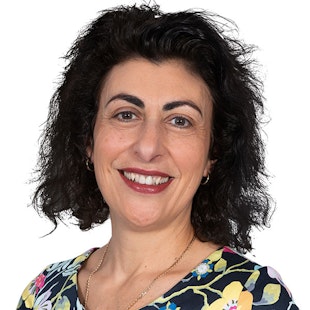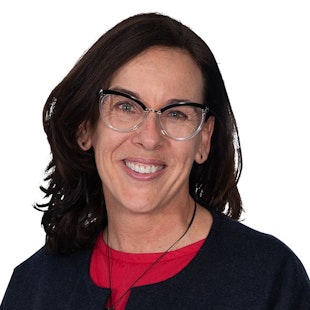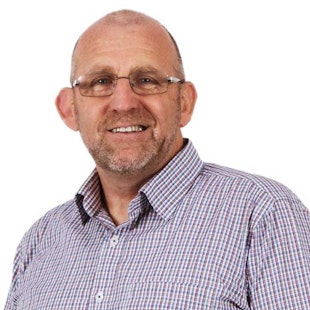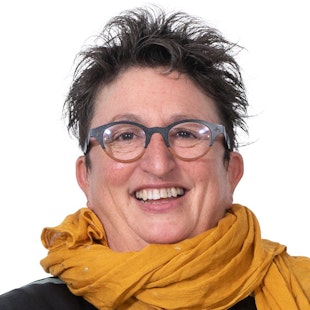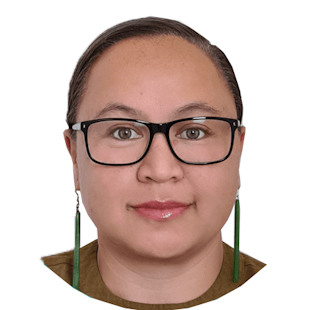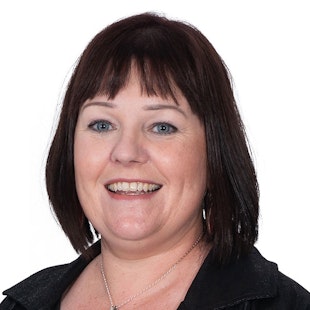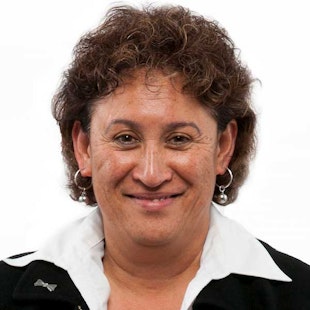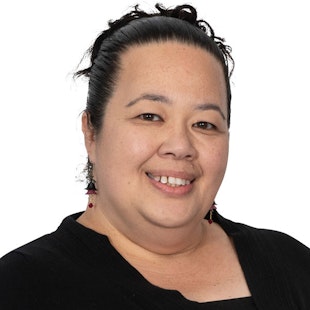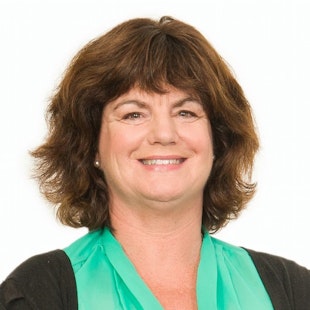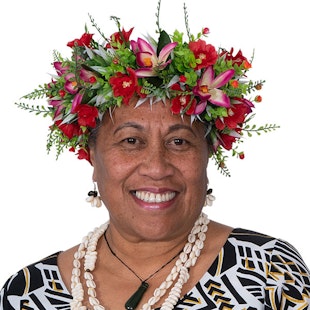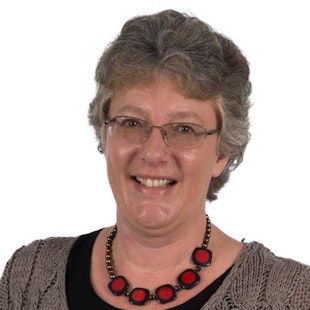Anne-Louise
Robertson
Kaihuawaere | Learning Consultant
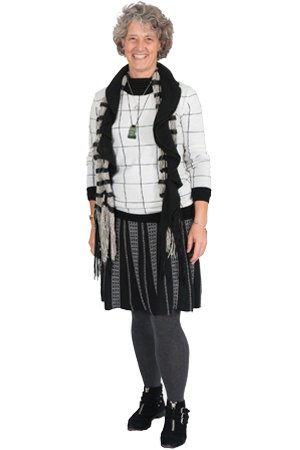
Qualifications
1984 B.A. Hons European Languages and Institutions, Leeds Metropolitan University
1985 P.G.Cert. of Education Modern Languages & Outdoor Education, University of Leeds
2020 Te Wananga o Aotearoa Te Pūtaketanga Level 4 Te Reo
2021 Te Wananga o Aotearoa Te Ronakitanga Level 5 Te Reo
2022 Te Aupikitanga o te Reo Māori, (Level 6) Te Wananga o Aotearoa
2023 Te Pokaihitanga - Diploma in Tikanga Māori (Level 3), Te Wananga o Awanuiarangi
2024 Te Toi Maruata - Diploma in Māori and Indigenous Arts, Te Wananga o Aotearoa
Teacher Registration: Registration Number: 308402
Practising Certificate: Tiwhikete Whakaakoranga Tūturu | Full Practising Certificate (Category 1)
Facilitator Accreditation Number: ACC 211
Professional profile
Anne brings over 40 years of experience in teaching and leading change across the UK and Aotearoa, providing a deep understanding of kaiako (teachers), ākonga (learners), and diverse school contexts.
At the heart of her mahi is strengthening pedagogy through the science of learning, enabling kaiako to embed evidence-informed strategies that promote deep understanding and long-term retention, ultimately leading to improved learner outcomes. Anne is committed to learning that is relevant, culturally grounded, and connected to the stories of place.
Her professional focus spans:
- Curriculum Design (e.g., Local Curriculum Design)
- Assessment Capabilities
- Evidence-Informed Pedagogy and the Science of Learning
- Structured Literacy (e.g., the Accelerated Literacy Learning (ALL) programme)
- Cultural Capability and reflecting te ao Māori
- Change Leadership
- Digital Technologies Integration
Drawing on her CORE Education eFellowship and extensive leadership background, Anne co-constructs professional learning that is research-informed, relational, and responsive.
She works alongside schools to align theory with practice, building teacher confidence and supporting the transference of knowledge into effective classroom application. This has included designing future-focused, blended learning programmes, facilitating the inVENTIONATOR programme for tamariki, and contributing to Te Poipoi Kaiako to grow mentoring capability.
Anne builds sustainable relationships through whanaungatanga and manaakitanga. She is adept at identifying school and kaiako needs and facilitating the inclusion of broad perspectives on complex issues. She encourages leaders and teachers to widen the scope of factors affecting them, identify what is most important for their context, and co-construct solutions that improve outcomes for the whole school community.
Expertise
Anne has specialisms in the following areas:
Cultural Capability
Successfully support learning communities to:
- Question the status quo and re-imagine what learning in an equitable, culturally responsive environment can look like
- Examine their ‘taken for granted’ beliefs and examine how they impact on successful outcomes for all their learners.
- Grow their awareness and understanding of Te Tiriti o Waitangi and what their role is as citizens and kaiako of Aotearoa, to give mana to genuine partnerships.
Local Curriculum
Supporting leaders and kaiako to design learning that is:
- authentic and connected to the stories of the rohe
- inclusive and leads to successful outcomes for all taiohi
- relevant to ākonga and their interests, that recognises and values the heritage, identities, languages, and cultures of all learners
- provides genuine opportunities for ākonga to make choices and develop independence
Assessment for Learning
Successfully supporting schools to:
- use assessment principles and practices that best support effective learning and teaching.
- implement assessment for learning strategies school wide
- engage ākonga within the learning process
- investigate and implement a range of assessment strategies to ensure success for all ākonga
- build learner agency
Successfully supporting learning communities to:
- identify and monitor target students from analysis of achievement data
- collect and analyse qualitative and quantitative data about students from multiple sources
- regularly reflect-learn-implement using the spiral of inquiry framework.
Change leadership
Successfully support learning communities to:
- redevelop school vision, values and personalised curriculum
- explore current policies and use research to support re-design of school documents
- evaluate pedagogy and practices to ensure they reflect future-focused education and responsive practices
- support leadership of change within the school community.
Design and management of programmes for teacher professional learning
Successfully support learning communities to:
- redesign and co-design professional learning models to build teacher capacity and engagement
- support staff through change.
Literacy
Successfully support kaiako to strengthen literacy practice across all levels by;
- embedding evidence-based practices schoolwide
- guiding kaiako to deliver effective Tier 2 structured literacy interventions.
- bridging the science of reading with practical classroom application,
- building teacher confidence and capability from foundational skills to advanced comprehension.
Digital fluency
Successfully support learning communities to:
- self-review e-learning practices and capabilities to identify and target areas for improvement
- increase student engagement and achievement through the use of digital technologies.
Future-focused education
Successfully support learning communities to:
- evaluate current practices and identify future-focused goals
- develop curricula that include future-focused pedagogies, effectively use modern learning environments and reflect biculturalism and agreed vision and values.
- integrate digital technologies to support effective pedagogy in the classroom.
Languages
- Near native French; fluent Spanish; some German; developing Te Reo Māori.
Awards, fellowships and scholarships
2014: CORE Education Dr Vince Ham eFellowship "Brave Resilient Learners: Teacher Professional Learning in a Brave New World"
Personal statement
As a migrant and a linguist I feel a strong need to know more about the identity and culture of Aotearoa - NZ, to learn and understand the socio-cultural beliefs and practices of the people. Language holds so much of the history and the ways of being of a people that it provides a window into and a connection with the people of the land. I have a strong regard for social justice and believe that learning should be available for everyone and in ways that make sense for them, and I endeavour to weave this through the mahi that I undertake in every context.
My focus is on giving people options to see the potential in what they already know and then how they can develop the skills, approaches, and attitudes they already have to educate children using the new paradigms of technology-enhanced learning within the existing school structures. I have a wide range of experience of schools and classrooms within varied contexts in both NZ and UK having taught in secondary schools and Adult Education. I draw on my own stories and those of others to support the transference of knowledge into leaders’ own practice.
My work in physical and outdoor education along with 20 years as a volunteer cave and mountain rescuer, has validated my conviction that positive relationships and teamwork are vitally important in success, something I apply in all areas of my mahi with schools.
Testimonials
'Anne was a great facilitator and has amazing knowledge. Anne was great at adapting to plans to try and accommodate those who were struggling while finding ways to extend those where were fully engaged. Anne was also a great support for me as tumuaki while navigating some challenging behaviour. Thanks so much Anne for your time with [our] School, it was greatly appreciated.'
'Anne's manaakitanga and aroha in supporting our kura with the development of our Local Curriculum has been outstanding. As a tangata tiriti she is empathetic and kind in her approach to te ao māori and ensures that she does the rangahau to support the kōrero she presents to our staff. We are developing a curriculum that connects to the narratives of our communities and we would not be in this space without the expertise and knowledge that Anne has.'
